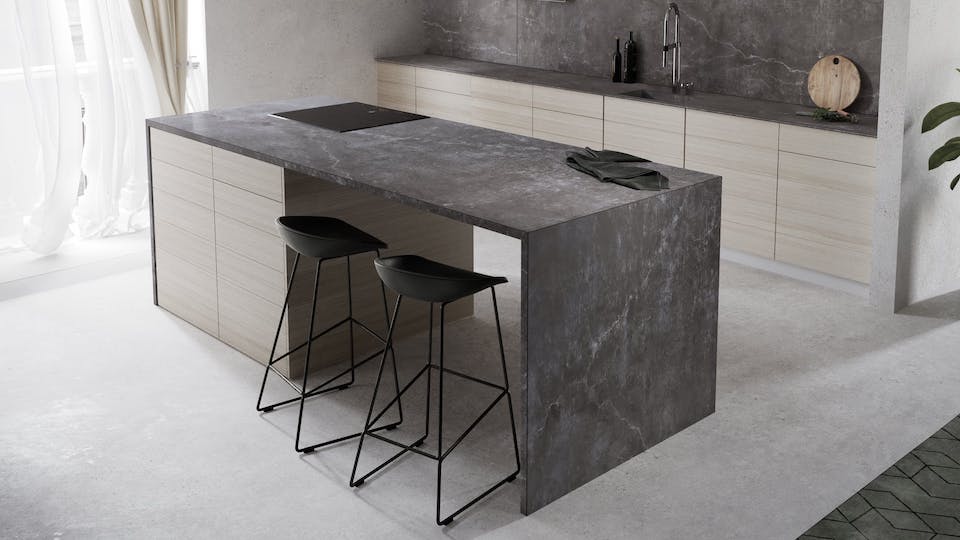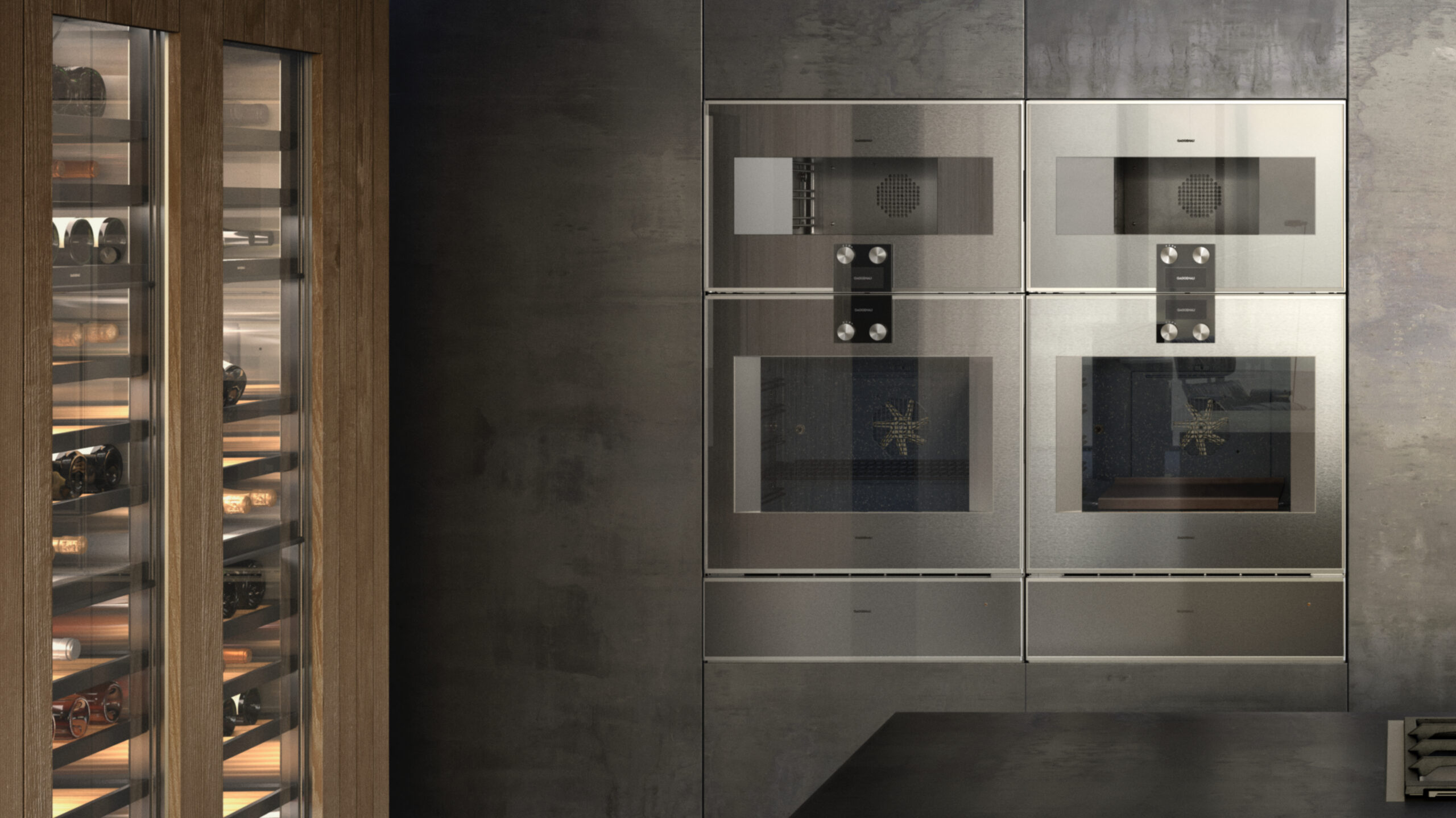
How to care for your kitchen countertops: a comprehensive guide
Your kitchen worktops are more than just surfaces, they are a necessity in your home adding both functionality and aesthetics to your space. However, ensuring their longevity and preserving their appearance is important for the overall look of your kitchen, and it will save you money and time in the long run!
In this guide, we will walk you through the best ways to care for your various kitchen worktop materials to ensure your kitchen stays as good as new.
Identify Your Countertop Material
The first step in caring for your kitchen countertops is identifying the material. If you bought your kitchen yourself, you’ll likely know what it is made from. However, if you’ve moved into a home, the countertops may already be in place. You should be able to ask the previous homeowner, or whoever is selling or letting the property what material your countertops are made from.
Different materials require different care approaches. Here’s a quick breakdown:
Granite:
Known for its durability, granite countertops are relatively low-maintenance. However, it’s essential to seal them regularly to prevent stains.
Quartz:
Engineered quartz is resistant to stains and scratches, but it’s not entirely waterproof. Regular cleaning and avoiding harsh chemicals are key.
Marble:
While elegant, marble is more porous than other stones, making it susceptible to stains. Sealing and immediate clean-up of spills are crucial.
Laminate:
Cost-effective and versatile, laminate countertops require gentle cleaning to avoid surface damage. Abrasive cleaners should be avoided.
There is also a less well-known worktop material, but one that has gained popularity in the last ten years, Dekton. Dekton is Cosentino’s innovative surface, which is manufactured with natural stone and an exclusive technology ‘TSP’ to create countertops that are both functional but have the beauty of natural stone. They have no micro-defects that cause tension or weak points, and it has an almost null porosity.
Daily Cleaning Routine
Maintaining a clean countertop is essential for both hygiene and aesthetics. For a daily cleaning routine that is suitable for all countertops, no matter the material read on below.You should always opt for a mild cleanser, this will prevent the surface from being damaged. You can even use a couple of drops of dish soap with warm water as an effective and gentle solution. As a general rule of thumb, you should always avoid harsh chemicals and bleaches on your surfaces, unless it is specified that it is okay for your countertop. Continual use of strong chemicals will eventually harm and dull the countertop over time.
Always avoid abrasive scrubbers that could scratch the countertop, instead use a soft cloth or sponge for wiping down the surface.
Stain prevention
Spills and stains are inevitable in a kitchen, especially if you’re a keen chef or a host! There are a few ways that may seem obvious but can often be overlooked, to help prevent stains.
Firstly, wipe spills immediately to prevent them from leaving any marks or seeping into any porous surfaces, for example, granite. If you have a marble kitchen, acidic foods like citrus can mark the surface.
If you have a Dekton kitchen surface, you benefit from the fact the worktop is very stain resistant, so is less likely to hold stains compared to other surfaces.
If you notice your countertop is stained, you can create a paste of baking soda and water to soak and then wipe it away. If it is a stubborn stain, you can use a bleach mix, however, this isn’t suitable for all materials. We do not recommend putting bleach on a granite surface as it is very sensitive. White wine vinegar can also be a great option for cleaning some kitchen countertops, but not granite or marble.
Always use a chopping board, this is especially important if you have a softer material countertop, like marble. Quartz and Dekton countertops are more scratch resistant, however using a chopping board is still important.
Sealing techniques
As we have mentioned, some countertops are different to deal with than others, and sealing is crucial for softer natural stones.Your kitchen countertops should come sealed, however they will need resealing throughout their life. Granite worktops should be sealed every 6-12 months, while marble is more frequent, at around 3-6 months.
If you decide to seal your kitchen countertop yourself, ensure you follow the instructions on the sealant accurately to ensure even coverage.
In conclusion, caring for your kitchen countertop is an investment in your kitchen’s longevity and aesthetic appeal. By understanding your countertop material and adopting a tailored care routine, you can ensure they remain a focal point of your home for years to come.
If you have any questions or would like to get in touch you can do so here.
Company Bio
Hi-Spec Design is a family-run interior design agency based in Chelsea, South West London. We specialise in bespoke kitchens and work with some of the best appliance manufacturers across Europe, this company is remembered by its customers for its unique and luxurious designs. Read more about our story here.






